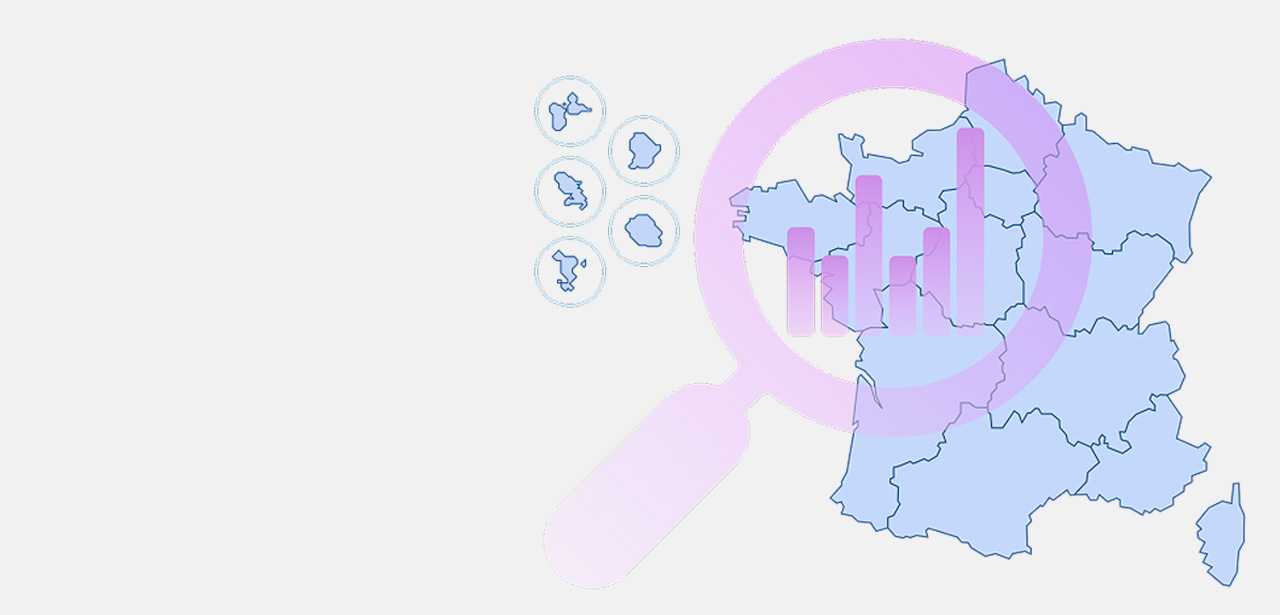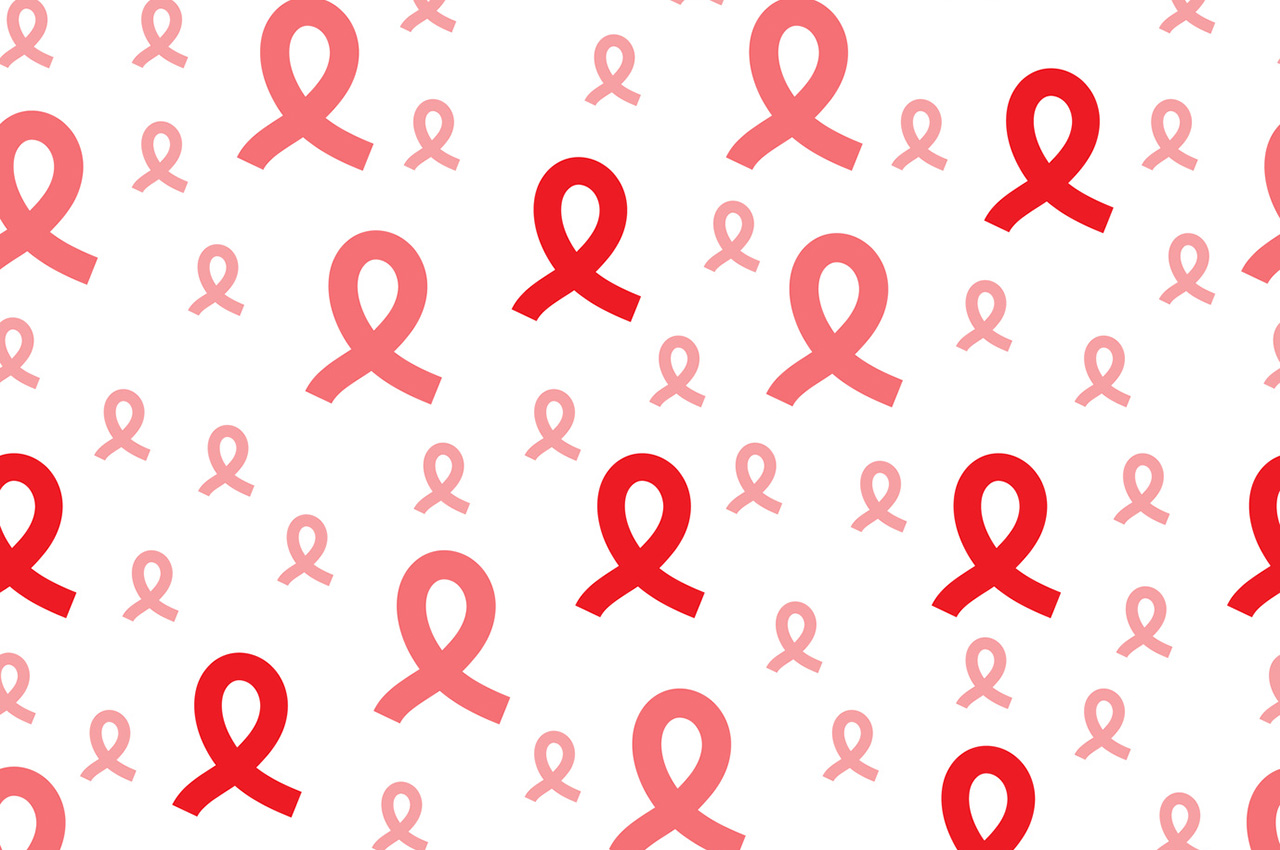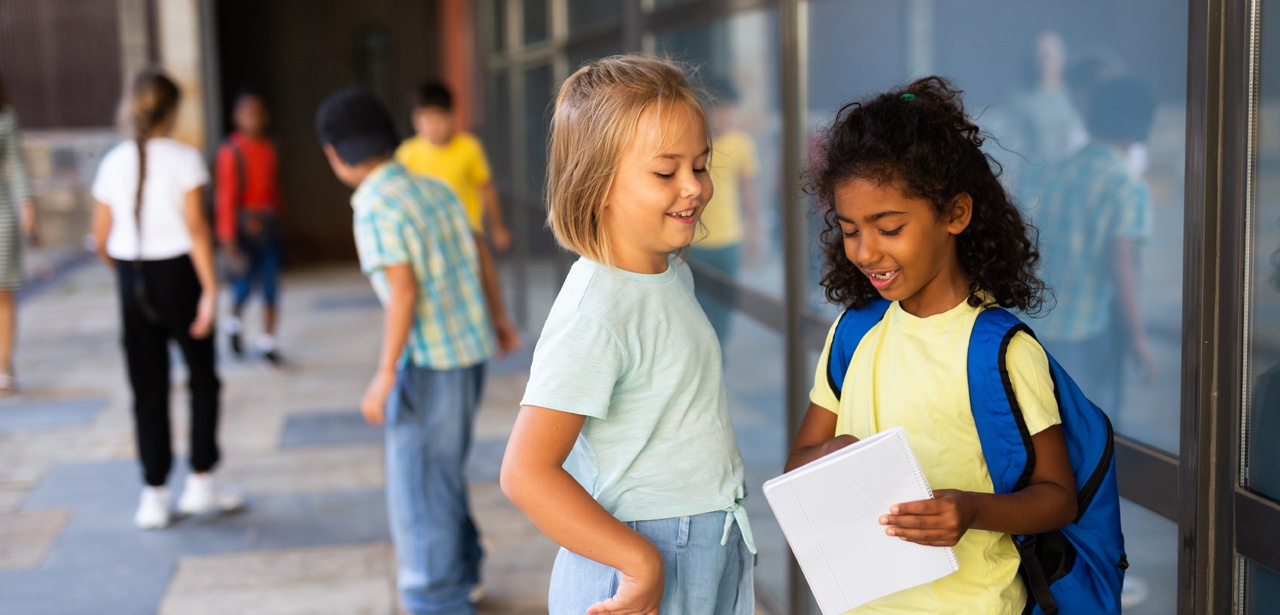BACKGROUND: In France, HPV vaccine uptake among adolescents remains a public health concern. Therefore, we examined changes in French adolescents" knowledge, attitudes, and practices (KAP) following exposure to HPV-vaccination-related interventions. METHODS: Our cluster-randomized trial applied an incomplete factorial design to allocate three intervention components (in-school education, free in-school vaccination, and general practitioner [GP] trainings) into six arms, randomly assigned to 91 French municipalities. Adolescents" (N = 2758; typically aged 13-14) self-reported HPV-vaccine-related KAP was assessed via online questionnaires at baseline and follow-up. Using logistic regression, we estimated the decomposed effects of each intervention component on favorable responses to individual KAP items. Each model adjusted for the baseline level of the outcome. We conducted subgroup analyses of the effect of the education component. RESULTS: Adolescents who received in-school education, compared to those who did not, provided improved responses on all knowledge items at follow-up. They also reported more favorable attitudes, which included the perceived benefit-risk balance (OR = 1.6 [95 %-CI, 1.2-2.0]) and judging reduced onward transmission as important (1.5 [1.1-2.1]). In-school education increased the likelihood of having HPV-vaccine-related discussions with friends (1.8 [1.2-2.6]). In-school vaccination increased adolescents" likelihood of knowing that friends are vaccinated (3.1 [2.2-4.2]), and perceived accessibility (2.2 [1.5-3.2]). Perceived difficulties in accessing clear vaccine information increased specifically among multilingual adolescents (0.5 [0.2-0.9]). CONCLUSION: Free in-school HPV vaccination significantly increases perceived ease of access to HPV vaccination for students who are already motivated to get vaccinated, and in-school education and motivation improves students" HPV vaccine-related knowledge and attitudes and can encourage them to get vaccinated. Thus, when offered together over the course of multiple academic years, we would expect to see increased vaccine uptake as adolescents become both more amenable toward vaccination and perceive easier access. Educational material needs tailoring for families from different linguistic and cultural backgrounds.
Auteur : Dussault Josée M, Rivera Torres Alexia F, Oudin Doglioni Damien, Gagneux-Brunon Amandine, Le Duc-Banaszuk Anne-Sophie, Bruel Sébastien, Michel Morgane, Gauchet Aurélie, Barret Anne-Sophie, Sicsic Jonathan, Raude Jocelyn, Thilly Nathalie, Mueller Judith E
Vaccine, 2025, vol. 61, p. 127344


